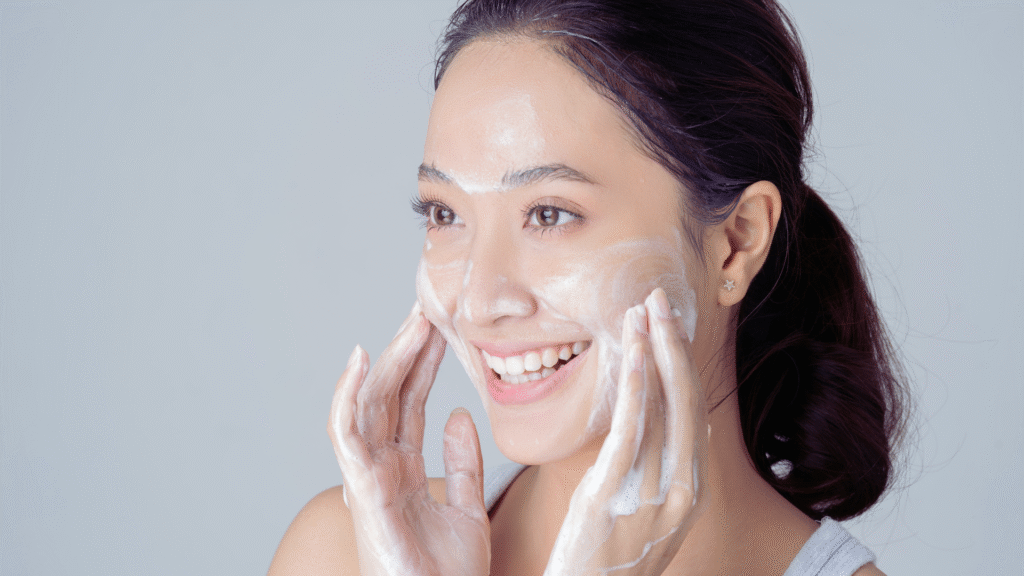Erectile dysfunction (ED) isn’t just a physical issue; it often brings a wave of emotional challenges. One of the most common and crippling is anxiety.
Understanding ED-Related Anxiety
ED can strike a blow to your self-esteem and create a vicious cycle of anxiety and sexual performance issues. The fear of not being able to perform can lead to avoidance of intimacy, further deepening the anxiety. It’s essential to break this cycle!
The Impact of Anxiety on ED
Anxiety can exacerbate ED. When you’re anxious, your body produces stress hormones like adrenaline, which can interfere with the signals from your brain to your body th犀利士
at trigger an erection. This physiological response means that the more you worry, the worse the problem can get.
Breaking the Cycle: Practical Steps
1. Educate Yourself
Knowledge is power. Understanding the causes of ED can help you demystify the condition. ED can result from various factors, including:
– Medical conditions like diabetes and hypertension
– Psychological factors such as stress and depression
– Lifestyle choices like smoking and excessive alcohol consumption
Learning about these can reduce the stigma and help you take proactive steps towards managing it.
2. Communicate Openly
Talk to your partner. Open communication about your fears and concerns can alleviate a lot of the anxiety associated with ED. Your partner can be a source of support rather than judgment.
3. Seek Professional Help
Sometimes, self-help isn’t enough. Visit a clinic like this ED Clinic Appleton to get the professional treatment you need. Consult a healthcare provider to rule out any underlying medical conditions that might be causing ED.
Where medical treatment is recommended, many readers find it helpful to explore legitimate, regulation-compliant options that balance convenience with safety. In the UK, accredited services can offer discreet consultations and prescriptions for common therapies.
For example, learning about available erectile dysfunction treatments can help patients discuss specific options with their clinician. Always check that a provider requires a proper medical assessment and dispenses genuine medication. Combining professional guidance with lifestyle changes improves outcomes and reduces anxiety around treatment.
Lifestyle Changes for Better Performance
Exercise Regularly
Physical activity can boost your confidence and improve your overall health, which in turn can alleviate some of the symptoms of ED. Exercise increases blood flow and reduces stress, both of which are crucial for sexual health.
Eat a Balanced Diet
A healthy diet can improve your energy levels and cardiovascular health, which are essential for maintaining erections. Focus on eating plenty of fruits, vegetables, lean proteins, and whole grains. Avoid excessive alcohol and sugary foods, which can negatively affect your health and contribute to ED.
Get Enough Sleep
Lack of sleep can contribute to anxiety and lower testosterone levels, exacerbating ED. Aim for 7-9 hours of quality sleep per night. Establish a regular sleep routine and create a restful environment to improve your sleep quality.
Mental Health Techniques
Mindfulness and Relaxation Exercises
Mindfulness meditation and relaxation techniques can help reduce anxiety. Practicing mindfulness helps you stay present and reduce the negative thoughts that contribute to anxiety. Techniques such as deep breathing, progressive muscle relaxation, and guided imagery can also help manage stress.
Cognitive Behavioral Therapy (CBT)
CBT is a type of therapy that helps you identify and change negative thought patterns that contribute to anxiety. Working with a CBT therapist, you can develop healthier thinking patterns and coping strategies.
Building Confidence in the Bedroom
Take the Focus Off Penetration
Intimacy is more than just sexual performance. Engage in other forms of physical affection like kissing, touching, and oral sex. This can take the pressure off achieving an erection and help you and your partner enjoy each other’s company more.
Use ED Treatments
There are various treatments available for ED, including medications like Viagra and Cialis, vacuum erection devices, and penile injections. Consult your doctor to find the best option for you. Using these treatments can boost your confidence by ensuring that you can maintain an erection when you want to.
Set Realistic Expectations
Accept that no one is perfect and that sexual performance can vary. Setting realistic expectations can reduce performance pressure and help you enjoy intimacy without the constant worry of failure.
Long-Term Strategies
1. Maintain a Healthy Lifestyle
Regular exercise, a balanced diet, sufficient sleep, and avoiding excessive alcohol and smoking can help you maintain your sexual health over the long term. These habits not only improve your physical health but also enhance your overall well-being, making it easier to manage stress and anxiety.
2. Regular Medical Check-Ups
Stay on top of your health with regular medical check-ups. Addressing any health issues early can prevent them from contributing to ED.
3. Ongoing Mental Health Care
Consider ongoing therapy or counseling to manage anxiety and stress. Regular mental health care can help you build resilience and cope better with any challenges that come your way.
Conclusion
By taking these steps, you can break the cycle of anxiety and ED, and reclaim your confidence and quality of life. Remember, you’re not alone, and with the right approach, you can overcome this challenge.





